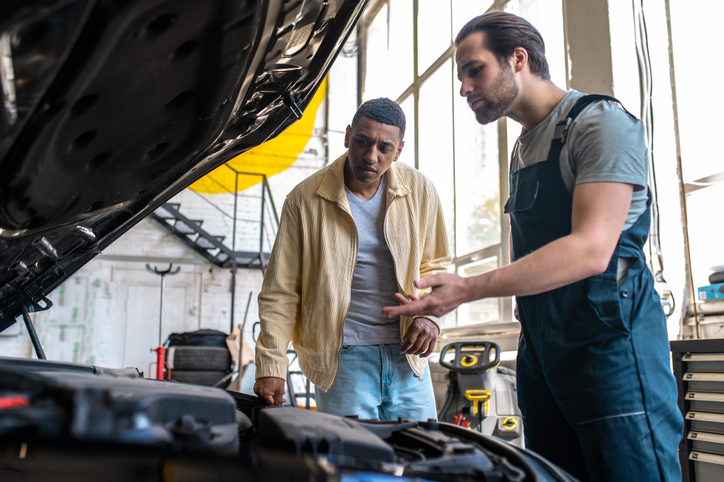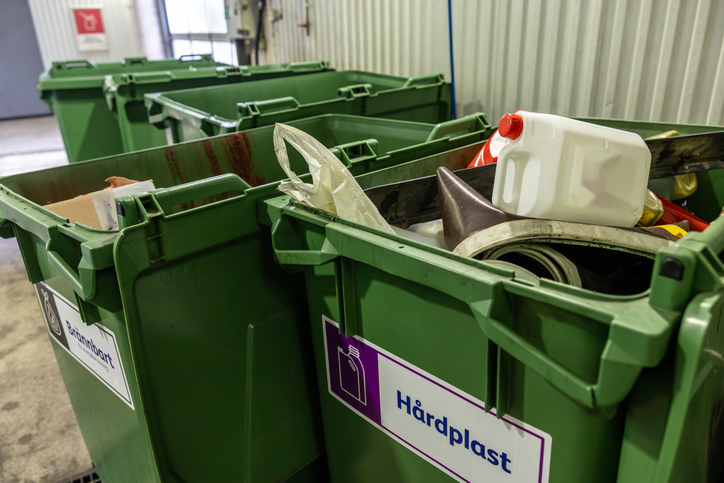5 Ways To Embrace Sustainability After Auto Mechanic School
Graduating from auto mechanic school means mastering the intricacies of engines, transmissions, and electrical systems and equipping yourself for a rewarding career.
However, the automotive industry is significantly shifting towards sustainability, and some traditional auto repair practices might already be antiquated. By embracing eco-friendly practices, you can become a valuable asset to a forward-thinking repair shop or even carve your niche in the green auto scene.
Here are five ways to integrate sustainability into your auto mechanic career after graduation:
1. Promote Electric and Hybrid Vehicles After Auto Mechanic School
As you’ve learned in auto mechanic school, one of the most impactful ways to embrace sustainability is by promoting the use and maintenance of electric and hybrid vehicles.
These vehicles produce fewer emissions than traditional gasoline-powered cars, making them a greener option. As an auto mechanic, you can educate customers about the benefits of electric and hybrid vehicles, including lower emissions, fuel savings, and reduced maintenance costs. Specializing in electric vehicle (EV) maintenance will set you apart in the industry and support the transition to greener transportation. It’s also important to stay updated on the latest electric and hybrid vehicle technology advancements to provide your customers with the best service and advice.

2. Use Eco-Friendly Products and Practices
Incorporating eco-friendly products and practices in your daily work is another way to embrace sustainability after your auto mechanic training.
Using biodegradable and non-toxic cleaning products for vehicle maintenance and repairs reduces environmental harm and minimizes water pollution risk. Opting for recycled or remanufactured parts when performing repairs can be as effective as new ones and help reduce waste. Investing in energy-efficient tools and equipment can minimize your workshop’s carbon footprint and lead to cost savings on utility bills.
3. Implement Waste Reduction Strategies
Waste management is a critical aspect of sustainability. Implementing strategies to reduce waste in your workshop is essential. Key steps include ensuring that all hazardous materials, such as oil, batteries, and chemicals, are disposed of properly and partnering with certified recycling centres to handle these materials.
Adopting a waste reduction mindset by reducing unnecessary waste, reusing materials whenever possible, and recycling parts and materials that cannot be reused will contribute significantly. Maintaining an efficient inventory system to minimize overstocking and reduce the likelihood of parts becoming obsolete and ending up in landfills is also important.

4. Advocate for Preventative Maintenance
Encouraging customers to adhere to preventative maintenance schedules can significantly contribute to sustainability. Well-maintained vehicles are more fuel-efficient and produce fewer emissions.
It is essential to teach customers about the importance of regular maintenance, such as oil changes, tire rotations, and air filter replacements. Offering maintenance packages that include routine checks and services to keep vehicles running efficiently can also be beneficial. Using technology to monitor vehicle health and predict potential issues before they become serious problems ensures vehicles operate at peak efficiency.
5. Support Sustainable Transportation Initiatives
As an auto mechanic, you can support broader sustainable transportation initiatives in your community. Advocating for public transportation and providing maintenance services for public transit vehicles are essential contributions.
Encouraging carpooling and ride-sharing among customers to reduce the number of vehicles on the road and decrease emissions is another way to support sustainability. Participating in local environmental initiatives and workshops to promote sustainable practices within your community can further amplify your impact.
Do you want to become a mechanic and learn about embracing sustainability?
Contact ATC Montreal for more information.


